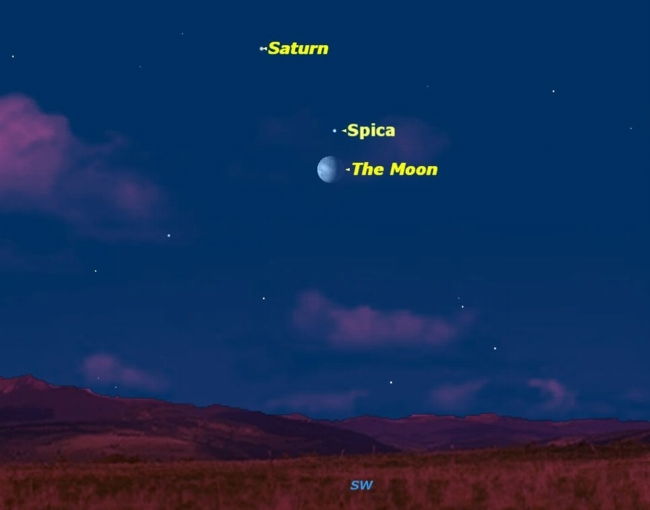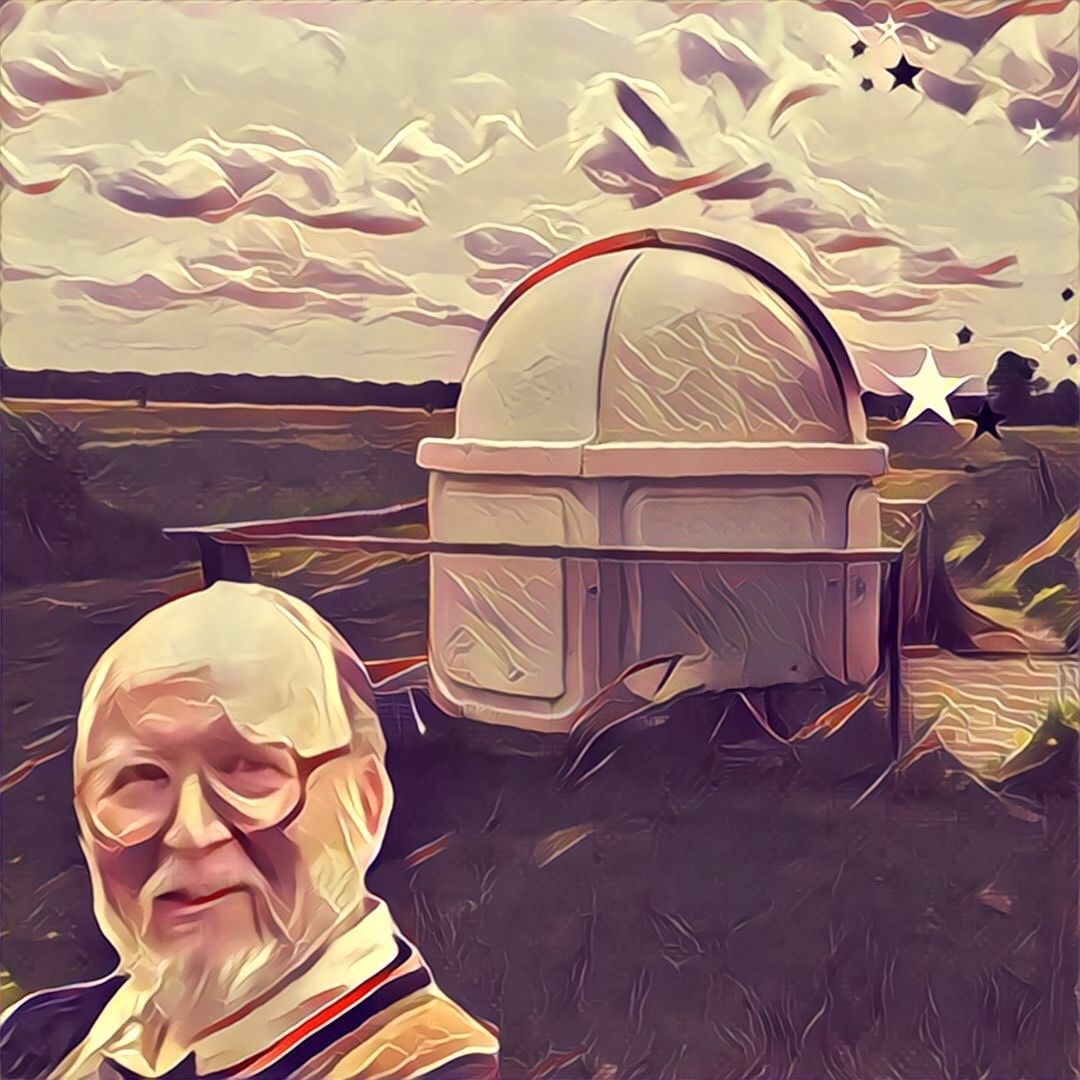Must-See Close Encounters of the Planet Kind Occur This Week

Breaking space news, the latest updates on rocket launches, skywatching events and more!
You are now subscribed
Your newsletter sign-up was successful
Want to add more newsletters?

Delivered daily
Daily Newsletter
Breaking space news, the latest updates on rocket launches, skywatching events and more!

Once a month
Watch This Space
Sign up to our monthly entertainment newsletter to keep up with all our coverage of the latest sci-fi and space movies, tv shows, games and books.

Once a week
Night Sky This Week
Discover this week's must-see night sky events, moon phases, and stunning astrophotos. Sign up for our skywatching newsletter and explore the universe with us!

Twice a month
Strange New Words
Space.com's Sci-Fi Reader's Club. Read a sci-fi short story every month and join a virtual community of fellow science fiction fans!
There are two interesting meet-ups in space for skywatchers this week: close encounters between the moon, several planets and stars.
The movements of the sun, moon and planets are all confined to a narrow band of sky known as to astronomers as the ecliptic and to astrologers as the zodiac. Almost all of the activities of the major solar system bodies play out among the 13 constellations that mark this band.
You may have thought there are 12 zodiac constellations, but astronomers have long known that a 13th constellation, Ophiuchus, is part of this group. There was a great fuss about a year ago when the astrologers finally caught up and began including Ophiuchans in their fanciful predictions.
Because all this solar system activity is concentrated in a narrow band, there are many close approaches between solar system objects, known to astronomers as conjunctions or appulses.
Two such conjunctions will occur this week, making for some attractive skywatching opportunities. The sky map available with this story shows how the planets will appear together during the cosmic meet-ups.
On Thursday evening (Feb. 9) just after sunset, look for the brilliance of the planet Venus in the southwestern sky. If you have binoculars or a small telescope, take a closer look.
Just to Venus' left there will be a tiny blue-green speck, a very unusual color for a star. That’s because this is not a star, but the distant planet Uranus, nearly twenty times farther away from the Earth than Venus.
Breaking space news, the latest updates on rocket launches, skywatching events and more!
The two planets will appear extremely close to each other, about two-thirds of the diameter of the moon. They will easily fit together in the eyepiece of a telescope, and will present an amazing contrast in brightness, size, and color.
Two nights later, just after midnight on Sunday morning (Feb. 12), Saturn and the waning gibbous moon will rise in the southeastern sky, with the first magnitude star Spica framed between them.
As the morning progresses, the moon will slip underneath Spica. Its proximity to this bright star makes its rapid eastward movement very obvious.
While watching these three objects cross the sky, you won't be able to miss bright Mars leading the "parade" one ecliptic constellation ahead in Leo. Once Sirius — the brightest star in the sky — sets around 2:30 a.m. local time, Mars will be the brightest object other than the moon in the sky.
Editor's note: If you have an amazing skywatching photo you'd like to share for a possible story or image gallery, please contact managing editor Tariq Malik at tmalik@space.com.
This article was provided to SPACE.com by Starry Night Education, the leader in space science curriculum solutions. Follow Starry Night on Twitter @StarryNightEdu.

Geoff Gaherty was Space.com's Night Sky columnist and in partnership with Starry Night software and a dedicated amateur astronomer who sought to share the wonders of the night sky with the world. Based in Canada, Geoff studied mathematics and physics at McGill University and earned a Ph.D. in anthropology from the University of Toronto, all while pursuing a passion for the night sky and serving as an astronomy communicator. He credited a partial solar eclipse observed in 1946 (at age 5) and his 1957 sighting of the Comet Arend-Roland as a teenager for sparking his interest in amateur astronomy. In 2008, Geoff won the Chant Medal from the Royal Astronomical Society of Canada, an award given to a Canadian amateur astronomer in recognition of their lifetime achievements. Sadly, Geoff passed away July 7, 2016 due to complications from a kidney transplant, but his legacy continues at Starry Night.

